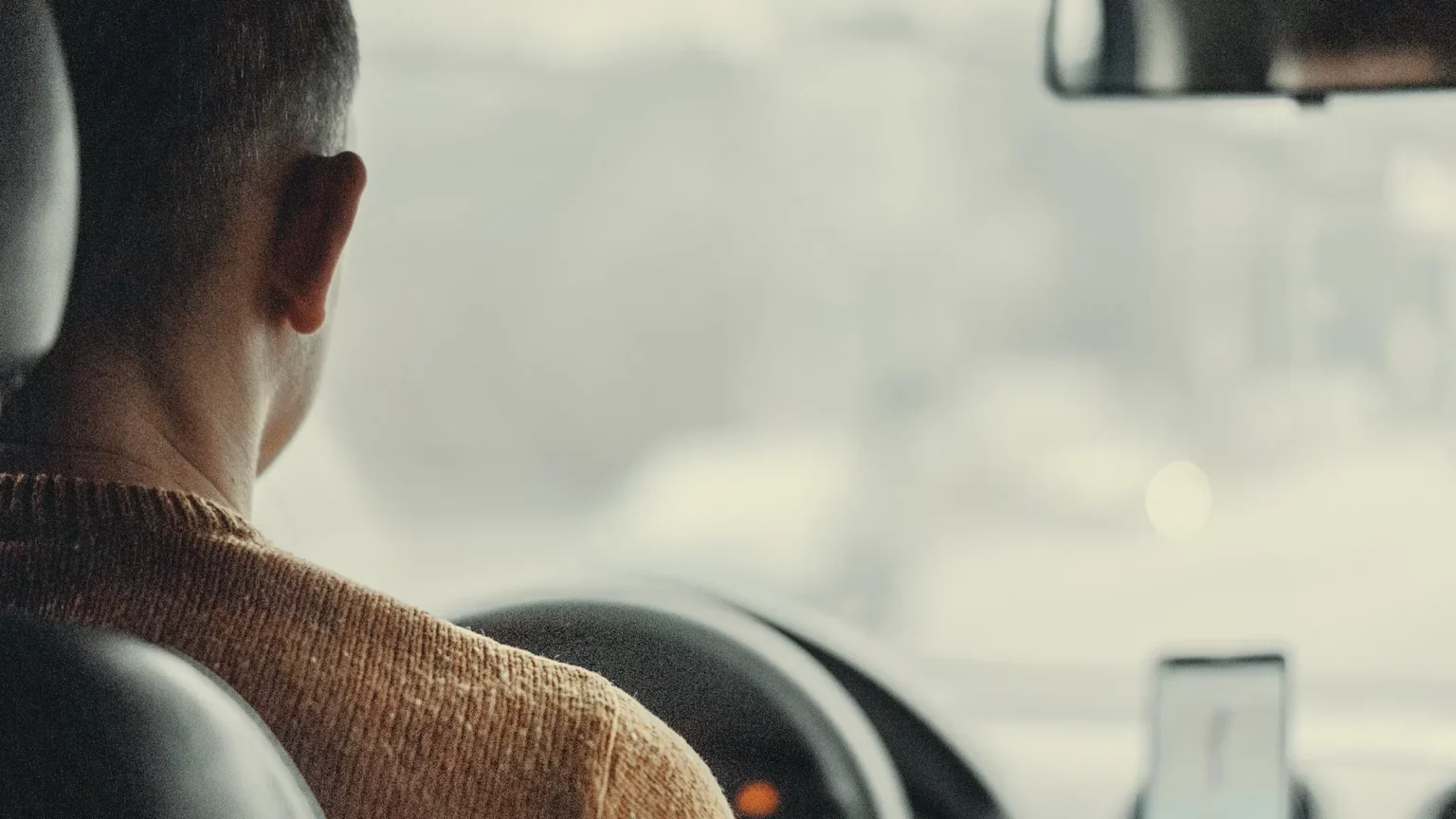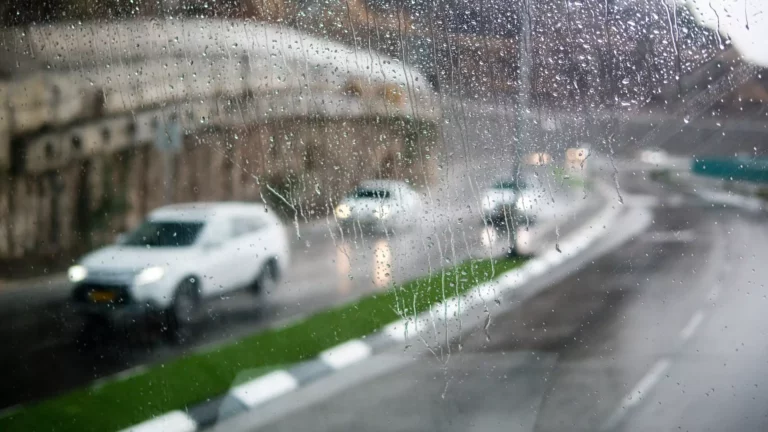Can the victim of a rollover accident file a personal injury lawsuit in New Jersey?

Can the victim of a rollover accident file a personal injury lawsuit in New Jersey?
Yes, the victim of a rollover accident can file a personal injury lawsuit in New Jersey. Depending on the circumstances of the incident, an injured party may be entitled to compensation for their losses. To do so, a person must prove that another driver was at fault and that they were injured as a result.
If someone is involved in a rollover accident, they should take steps to document as much information as possible about the incident. This includes taking pictures of property damage and any visible injuries, collecting contact information from witnesses and police officers who responded to the scene, gathering medical records related to treatment received after the accident, and saving copies of insurance documents containing details about coverage.
The timeline for filing a personal injury lawsuit in New Jersey is also something to consider. The state requires a party who has been injured by another’s negligence to file a claim within two years of the incident. If this deadline passes without acting, then it may not be possible to seek compensation in court for any losses suffered.
It can be difficult to navigate a legal process after an accident, so anyone considering filing a personal injury lawsuit should consult with an experienced attorney for guidance. An attorney will review the facts of the case and provide advice about how best to move forward to obtain any available damages. A knowledgeable lawyer will also help ensure that all applicable deadlines are met, and that all necessary legal paperwork is completed accurately and on time. With their assistance, victims of rollover accidents may be able to obtain the financial recovery they deserve.
Who can be sued after a rollover accident in New Jersey?
The types of individuals who can be sued for a rollover accident in New Jersey are those considered negligent parties, which may include the driver, passengers, car manufacturers, or repair shops.
The driver of the vehicle at fault could be found liable if it can be proven that their actions were reckless and/or careless – such as driving while intoxicated, texting while driving, speeding, etc. Passengers involved in the incident may also be held responsible if they contributed to the accident by encouraging the driver to drive recklessly (e.g., yelling obscenities out the window). Furthermore, if a defect in either the vehicle itself or its parts was found to have been a contributing factor to the accident, then any applicable auto manufacturer or repair shop can be held accountable.
It is important to note that responsibility may also extend to other parties involved in the accident, such as property owners who failed to provide a safe environment or nearby drivers whose negligence caused the rollover accident. Whenever possible, it is highly recommended that an experienced attorney be consulted to determine all liable parties and pursue legal action accordingly. With their guidance and support, victims of a rollover accident in New Jersey have a better chance of receiving full compensation for their damages and injuries.
Ultimately, the law in New Jersey is complex and there may be multiple individuals or entities responsible for a rollover accident. As such, it is important to seek legal counsel as soon as possible after an incident occurs to ensure that all appropriate steps are taken towards obtaining justice. With a qualified attorney at your side, victims of a rollover accident can gain closure and peace of mind knowing they have been represented fully and fairly in court. They can also rest assured that all liable parties will be held accountable for their actions. By working together with an experienced attorney, those who have suffered from a rollover accident can finally receive the justice they deserve.
What damages can the victim of a rollover accident be awarded in a personal injury lawsuit?
Damages awarded in a personal injury lawsuit for a rollover accident can include economic, non-economic, and punitive damages. Economic damages are designed to cover the financial costs associated with the accident, such as medical bills, lost wages due to an inability to work, and property damage from the rollover itself.
Non-economic damages take into consideration intangible losses that cannot be measured by dollar amounts; these may include physical pain and suffering or emotional distress resulting from the incident. Finally, punitive damages are occasionally awarded when it is determined that the defendant’s actions were particularly malicious or reckless and serve as a punishment against them. The severity of the award will vary depending on each case. Ultimately, an experienced attorney can help to ensure that their client is adequately compensated for all the damages they have incurred.
It’s important to note that any award granted in a personal injury lawsuit will be reduced by the degree to which the plaintiff (the injured party) is determined to have contributed to their injuries, as per comparative negligence laws. In other words, if it is found that the plaintiff could have taken steps to reduce or avoid the injury, then this will likely impact how much compensation they are eligible to receive. This highlights the importance of having an experienced attorney on your side who can ensure that you are not unfairly disadvantaged and receive due justice for your rollover accident.
Overall, an experienced attorney can help to ensure that the injured party receives fair compensation for a rollover accident. By evaluating each case closely and considering all damages that have been incurred, they can help to secure a settlement or award that covers both economic and non-economic damages, as well as punitive damages if applicable. Ultimately, this can provide much-needed peace of mind during a stressful time.
What evidence should the victim of a rollover accident in New Jersey collect?
In New Jersey, a victim of a rollover accident can prove fault in their personal injury lawsuit by gathering direct and circumstantial evidence. Direct evidence can be used to directly demonstrate that the other party was at fault for the accident. This type of evidence may include witness testimony, photographs and video recordings, vehicle damage reports, police officer accounts of the scene of the accident, driver statements from both parties and medical records.
Circumstantial evidence is indirect proof that an event occurred, or certain facts existed — in this case proof that one party was liable for an accident. Examples of circumstantial evidence are skid marks on the road surface or discoloration in the pavement where a car has sped up suddenly before an impact. It may also include testimony from experts who can provide an opinion that the accident was likely caused by another’s negligence.
In addition to direct and circumstantial evidence, New Jersey courts consider a variety of other factors when determining fault in a rollover accident. These may include speed limits, weather conditions, visibility issues, road design or construction deficiencies, vehicle defects or mechanical failures, and the driver’s prior driving record or history of similar incidents. To make sure their claim is as strong as possible, victims should ensure they document all relevant information regarding the incident. This includes records from medical professionals about any injuries sustained in the crash and notes on any conversations with anyone at the scene of the accident.
Taking the time to thoroughly document evidence and establish fault may be unpleasant, but a victim of a rollover accident needs to do so to ensure they can receive adequate compensation for their injuries. An attorney who specializes in personal injury law can help victims navigate the complexities of proving fault in New Jersey. With an experienced legal advocate on their side, victims can maximize their chances of getting the justice they deserve.
By gathering direct and circumstantial evidence and factoring these other considerations into their claim, a victim of a rollover accident can prove fault in New Jersey and pursue appropriate damages for any losses incurred due to the crash.
What injuries can occur from a rollover accident?
In a rollover accident, some of the most common types of injuries include broken bones, head trauma, back and neck injuries, spinal cord damage or paralysis, and internal organ damage. Fractured ribs are also frequent in these accidents due to the force of impact from hitting the roof or windows at high speeds. Victims may suffer concussions or traumatic brain injury (TBI) from being thrown around inside the vehicle during a rollover accident as well.
Whiplash is another common injury that can occur in a rollover crash due to sudden acceleration and deceleration within the vehicle which causes the neck to move suddenly in an unnatural direction. This type of movement can cause muscle strain and ligament damage leading to chronic pain and discomfort.
Other injuries that can occur in a rollover accident include facial and mouth injuries, broken teeth, and soft tissue damage. Victims may experience cuts and lacerations due to being thrown around or hitting hard surfaces within the vehicle during the crash. Additionally, burns are also possible if any objects come into contact with hot exhaust pipes in the engine compartment of the vehicle.
All these types of injuries can have long-term impacts on a person’s physical and emotional health which is why victims who were involved in rollover accidents may be entitled to compensation for their pain and suffering. A personal injury lawyer will be able to help victims get the justice they deserve by filing a lawsuit against those responsible for their injuries.
In conclusion, rollover accidents can lead to significant physical and emotional harm and can have long-term impacts on victims’ lives. Victims of rollover accidents may be entitled to financial compensation for their suffering, which is why they need to seek legal assistance from a personal injury lawyer if they have been involved in one of these types of accidents.
A lawyer will be able to help victims get the justice they deserve by filing a lawsuit against those responsible for their injuries. By understanding the potential injuries that can occur in a rollover accident, victims are more likely to be aware of what type of damages they may be entitled to receive. With this knowledge, victims can act and get the justice they deserve after an accident.
How can the victim of a rollover accident prove fault in a personal injury lawsuit?
In New Jersey, negligence must be established to prove fault in a personal injury lawsuit. Negligence can be demonstrated through the identification of four elements: duty of care, breach of duty, causation, and damages.
The first element that must be proven is “duty of care”. This means that the defendant had a legal responsibility to act in a certain manner toward the plaintiff. For example, in the case of a rollover accident, this could include adhering to all applicable traffic laws and driving at safe speeds.
The second element is “breach of duty”. If it can be shown that the defendant did not fulfill their obligations as outlined in the duty of care, then they have breached their duty and can be held liable.
The third element is “causation”. In the context of a rollover accident, this means that it must be proven that the defendant’s breach of duty was the direct cause of the plaintiff’s injuries or damages. This is typically established through expert testimony and witness accounts.
Finally, “damages” must be proven. These are tangible losses such as medical bills, property damage, lost wages, etc., that were caused by the defendant’s negligence. By providing evidence such as doctor’s reports and receipts for expenses related to the crash, a plaintiff can demonstrate their damages in court.
By establishing all four elements of negligence in a personal injury lawsuit in New Jersey—duty of care, breach of duty, causation, and damages—a rollover accident victim can prove fault in a court of law. This will allow them to seek compensation for their physical injuries and financial losses. Any potential plaintiff needs to consult with an experienced personal injury attorney who understands the ins and outs of such cases and can help them build the strongest case possible.
Related Blogs
No Fee Unless
GGL Wins
We've got you covered.
We are available 24/7/365
One of our advisers will contact you.

OFFICIAL PARTNER OF RUTGERS ATHLETICS



Recent GGL Wins
Auto Accident
Mediation award Plaintiff was injured in an intersection motor vehicle collision resulting in neck and lower back fusion surgeries.
$2 Million
Verdict
Workers' Compensation
25-year-old laborer died in an industrial accident while working.
$1.15 Million
Verdict
Construction Accident
Roofer fell off roof causing head trauma resulting in a head injury. Plaintiff was not given fall restraint protection equipment by contractor.







